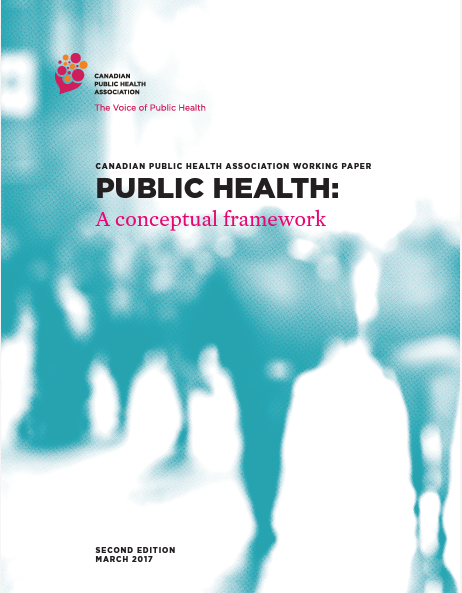Trouver une ressource
Consultez notre collection d’informations et de ressources organisées!
*Plus de ressources sont disponibles en anglais.

Lignes directrices canadiennes sur le trouble lié à l’utilisation du cannabis chez les personnes âgées
Guide
L’objectif du présent document est de fournir une orientation utile aux cliniciens pour soit prévenir le développement d’un trouble lié à l’utilisati…
Source: Coalition canadienne pour la santé mentales des personnes âgéesFormat: PDF
Publié : 2019
Sujets : Approches axées sur l’équité, Pratiques exemplaires et lignes directrices, Substances spécifiques, Populations spécifiques
Introduction to the Canadian Coalition for Seniors' Mental Health (CCSMH) Guidelines on Substance Use Disorders Among Older Adults
Guide
The Substance Use and Addictions Program (SUAP) of Health Canada provided a grant to the Canadian Coalition for Seniors' Mental Health (CCSMH) to cre…
Source: Canadian Coalition for Seniors Mental Health (CCSMH)Format: PDF
Publié : 2019
Sujets : Approches axées sur l’équité, Pratiques exemplaires et lignes directrices, Populations spécifiques
Harm Reduction Equipment Best Practices - Part 2: Injection Drug Use Supplies and Best Practices
Webinaire
Learn about the equipment being distributed through the Ontario Harm Reduction Distribution Program (OHRDP), and the associated "Best Practices". The…
Source: Ontario Harm Reduction Network (OHRN)Format: Lien
Publié : 2016
Sujets : Réduction des méfaits, Matériel de réduction des méfaits
Operational Guidance for Implementation of Managed Alcohol for Vulnerable Populations
Guide
Due to the nature of the COVID-19 pandemic and the urgent need to support vulnerable populations, including rural and remote communities, this interi…
Source: Canadian Institute for Substance Use Research (CISUR), British Columbia Centre on Substance Use (BCCSU)Format: PDF
Publié : 2020
Sujets : Réduction des méfaits, Programme de gestion de l’alcoolisme, Substances spécifiques
Public Health: A Conceptual Framework
Guide
This working paper is meant to provide a quick reference guide to and a portrait of the underlying principles that support current public health prac…
Source: Canadian Public Health Association (CPHA)Format: PDF
Publié : 2017
Sujets : Renseignements généraux

Decriminalization of Personal Use of Psychoactive Substances
Document de référence
CPHA recognizes that criminalization of those who use illegal psychoactive substances remains the principal tool to control their use and is unsucces…
Source: Canadian Public Health Association (CPHA)Format: PDF
Publié : 2017
Sujets : Promotion de la santé, Décriminalisation
A New Approach to Managing Illegal Psychoactive Substances in Canada
Rapport
CPHA supports the development of public health approaches for addressing the needs of people who use illegal psychoactive substances while recognizin…
Source: Canadian Public Health Association (CPHA)Format: PDF
Publié : 2014
Sujets : Promotion de la santé, Légalisation et réglementation
Communications Tool Kit
Outil
The Community Drug Strategy has created a Communications Tool Kit to provide consistent messaging related to substance misuse in our area. Any sectio…
Source: Community Drug Strategy - Public Health Sudbury & DistrictsFormat: PDF
Publié : 2018
Sujets : Réduction des méfaits, Sites de consommation supervisée
The Good Samaritan Drug Overdose Act: The Good, The Bad, and The Ineffective
Rapport
In 2019, with the support of a research grant from the Law Foundation of Ontario, the HIV Legal Network embarked upon a research study in Ontario to …
Source: HIV Legal NetworkFormat: PDF
Publié : 2020
Sujets : Promotion de la santé, Politique en matière d’usage de substances
Decriminalizing People Who Use Drugs: Making The Ask, Minimizing The Harms
Rapport
As the COVID-19 pandemic and the overdose crisis sweep across Canada, all policymakers have an obligation to adopt evidence-based measures that uphol…
Source: HIV Legal NetworkFormat: PDF
Publié : 2020
Sujets : Promotion de la santé, Décriminalisation
